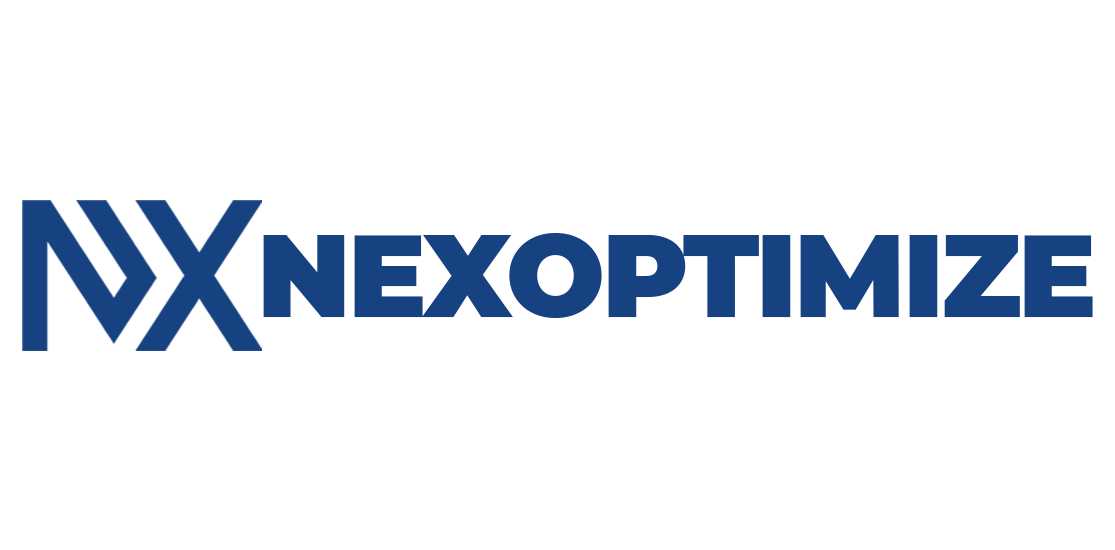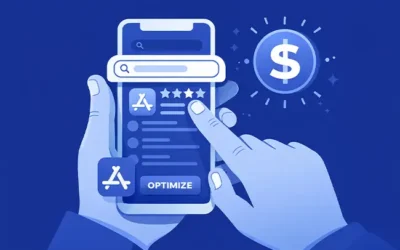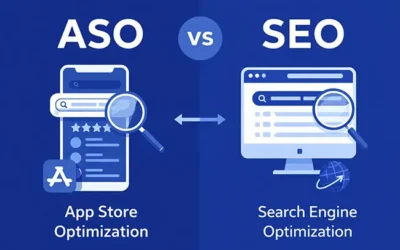AI personalization in marketing refers to the use of artificial intelligence to tailor content, product recommendations, and customer experiences to each user’s unique behavior and preferences. It matters because it helps brands build stronger connections with customers, increase engagement, improve conversions, and maximize ROI. By delivering the right message to the right person at the right time, AI personalization transforms marketing from generic campaigns into meaningful, one-to-one experiences.
Want to see how it works and why it’s shaping the future of marketing? Keep reading.
Understanding AI Personalization
AI personalization is the use of artificial intelligence to deliver customized marketing messages, offers, and content to individuals based on their behavior, preferences, and past interactions. Instead of a “one-size-fits-all” approach, it ensures each customer feels like the message is crafted just for them.
How AI Personalization Works
Think of AI as a smart assistant that learns continuously. It gathers customer data, analyzes patterns, predicts needs, and delivers real-time personalized experiences. This can be in the form of personalized emails, product recommendations, or even dynamic website content that changes depending on who’s visiting.
Key Elements of AI Personalization in Marketing
Data Collection and Analysis
AI starts with data—lots of it. From browsing history to purchase behavior, AI tools sift through massive amounts of information to understand each customer.
Customer Segmentation
Instead of broad demographics, AI breaks customers into micro-segments. For example, two people may be the same age but have totally different shopping habits. AI recognizes and adapts to those differences.
Predictive Analytics
AI doesn’t just look at what customers did; it predicts what they’re likely to do next. That’s why you often see products you didn’t know you needed until they appeared in your feed.
Real-Time Recommendations
Have you noticed how Netflix always seems to recommend the perfect show? That’s real-time personalization powered by AI. The same principle applies in marketing across different industries.
Why AI Personalization Matters in Marketing
Enhanced Customer Experience
Nobody likes generic ads. AI makes customers feel seen and understood, creating memorable experiences that build loyalty.
Improved Engagement and Retention
When users see content that resonates with them, they’re more likely to click, read, and return. AI personalization keeps customers engaged.
Higher Conversion Rates
Personalized campaigns often lead to higher conversions. It’s simple: when you speak directly to a customer’s needs, they’re more likely to buy.
Better ROI for Marketers
AI doesn’t just save time; it boosts revenue. With precise targeting, marketers spend less and earn more from campaigns.
Real-World Examples of AI Personalization
E-commerce Personalization
Amazon’s “Customers who bought this also bought” feature is a prime example of AI at work, increasing sales with smart recommendations.
Email Marketing and AI
Instead of blasting the same message to everyone, AI tailors subject lines, product suggestions, and even send times to maximize open rates.
Personalized Content Marketing
Brands like Spotify use AI to create personalized playlists, while blogs and news sites recommend articles based on your reading history.
Benefits of AI Personalization for Businesses
- Cost Efficiency: AI reduces wasted ad spend by ensuring your campaigns reach the right people at the right time.
- Competitive Advantage: In today’s crowded market, businesses that personalize stand out from those that don’t.
- Scalable Personalization: AI allows businesses to personalize at scale. Whether you have 100 or 1 million customers, AI enables the creation of tailored experiences without requiring additional manpower.
Challenges and Limitations of AI Personalization
Data Privacy Concerns
With great power comes great responsibility. Customers want personalization, but they also demand data security and transparency.
Implementation Costs
AI tools can be expensive upfront. Small businesses may struggle with the initial investment, though long-term gains often outweigh the costs.
Risk of Over-Personalization
There’s a fine line between helpful and creepy. Too much personalization can make customers feel like they’re being watched.
The Future of AI Personalization in Marketing
Hyper-Personalization
Future AI won’t just personalize, it will hyper-personalize. Expect experiences so tailored they feel almost human-like in accuracy.
AI and Voice Search
As more people use voice assistants, AI personalization will evolve to deliver voice-based, context-aware results.
Omnichannel Experiences
AI will help brands deliver seamless personalization across every touchpoint—websites, apps, social media, and even offline stores.
Conclusion
AI personalization isn’t just a buzzword—it’s reshaping how businesses connect with their audience. From improving customer experience to boosting ROI, it offers endless opportunities for marketers willing to embrace it. Of course, challenges like data privacy and costs exist, but the benefits far outweigh the drawbacks. In the end, brands that use AI personalization wisely will win customer trust, loyalty, and long-term success.
FAQ: Your questions answered
What is AI personalization in simple terms?
AI personalization means tailoring marketing content and offers to individual customers using artificial intelligence and data insights.
Why is AI personalization important in marketing?
It’s important because it enhances customer experience, increases conversions, and helps businesses stand out in competitive markets.
How do companies use AI personalization?
They use it in email campaigns, e-commerce recommendations, website experiences, social media ads, and content marketing.
Is AI personalization expensive for small businesses?
While the setup may be costly, many affordable tools now exist, making AI personalization accessible even to startups and SMEs.
What’s the future of AI personalization in marketing?
The future points to hyper-personalization, AI-driven voice search, and fully connected omnichannel experiences.




